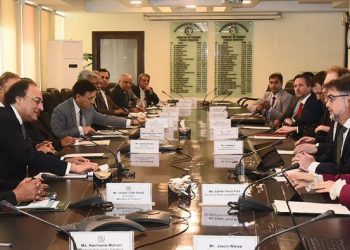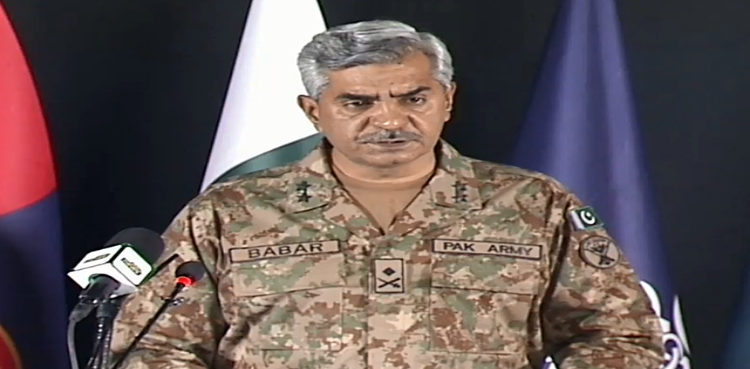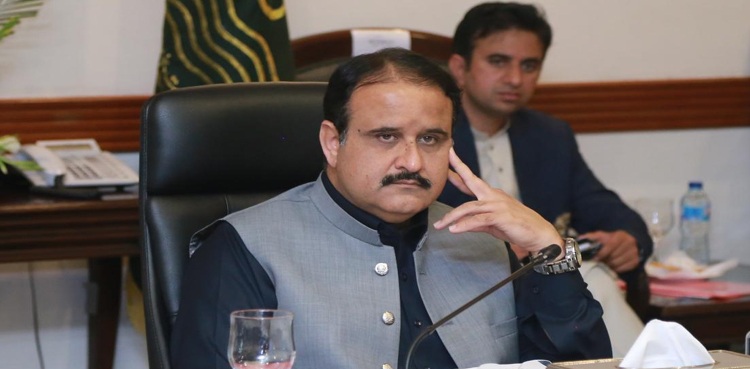Former finance czar Miftah Ismail claimed that the International Monetary Fund (IMF) was not interested in releasing money to Pakistan due to a trust deficit in the incumbent government.
Miftah, during a session titled ‘Pakistan in the Midst of Crisis’ organized by a private university in Karachi, held current Finance Wizard Ishaq Dar responsible for the delay in the IMF agreement and said he sabotaged the agreement by making false statements.
He further claimed that Pakistan had three times made sovereign commitments and then backtracked on them, and now the Washington-based lender is not interested in giving a loan tranche to Pakistan because they don’t trust the government in Islamabad.
Commenting on the gasoline relief subsidy announced by the government, Miftah believed that this formula would not be effective as subsidies can’t be provided by taking loans.
Earlier, the IMF expressed concerns about the fuel subsidy announced by the federal government, aimed at easing the burden on lower-income groups already grappling with runaway inflation.
The IMF’s resident representative for Pakistan, Esther Perez Ruiz, has expressed concern about a recent government plan to subsidize lower-income motorists by increasing fuel prices for wealthier drivers.
IMF staff are seeking more information about the scheme’s operations, costs, targeting, fraud and abuse protection, and offsetting measures.
“Fund staff are seeking greater details on the scheme in terms of its operation, cost, targeting, protections against fraud and abuse, and offsetting measures, and will carefully discuss these elements with the authorities,” she said while talking to Bloomberg.
Further, the representative said Pakistan has made significant strides toward fulfilling its policy obligations, which would enable the country to secure billions of dollars in loans and avert a default.
While Pakistan is still grappling with the aftermath of last year’s devastating floods, it is also preparing for upcoming elections, and the IMF funds would offer some relief and help to revive the struggling economy.
“A staff-level agreement will follow once the few remaining points are closed,” Ruiz told. “Ensuring there is sufficient financing to support the authorities in the implementation of their policy agenda is the paramount priority.”
The country’s efforts include raising taxes and energy prices, as well as allowing its currency to weaken to revive a $6.5 billion IMF loan package.
















































